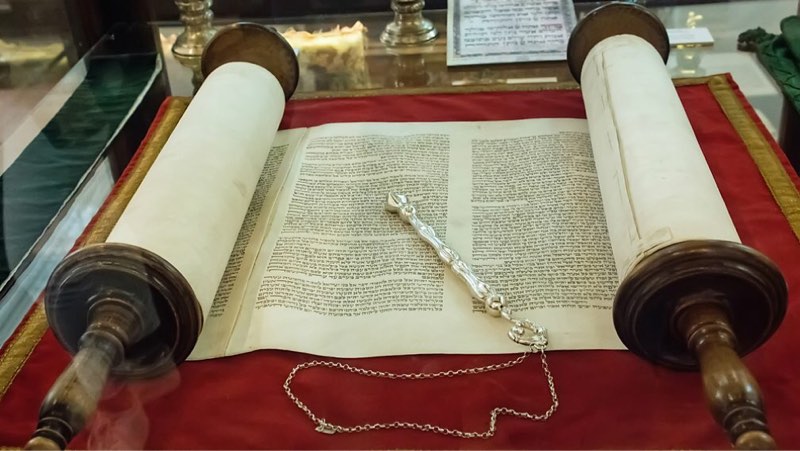The Miraculous Preservation of Pharaoh’s Body: The Connection to Muhammad as the Prophet Like Moses
Surah 10, verse 92, reads:
“Today We will preserve your body (O Pharaoh), so that you become a sign for those after you. But most people are heedless of Our signs.”
Some scholars contend that the discovery of Ramses' body in modern times is viewed as a miraculous event in the Quran, specifically in Surah 10, verse 92. It resembles Moses' parting of the Red Sea. As a result, they argue that Muhammad is the prophet mentioned in Deuteronomy 18, verse 18, similar to Moses. How do they express their argument?
The scholars who make this argument typically point to several key points to support their claim:
1. Discovery of Ramses' body: They argue that the discovery of Pharaoh Ramses II's body in modern times is a significant event that aligns with the story of Pharaoh's body being preserved as a sign in Surah 10, verse 92 of the Quran. This miraculous preservation of Pharaoh's body is seen as a fulfillment of that prophecy.
2. Resemblance to Moses' parting of the Red Sea: The scholars suggest that the discovery of Ramses' body can be seen as a parallel to the miracle of Moses parting the Red Sea, as both events involve extraordinary occurrences related to Pharaoh and Moses. This parallel further strengthens the connection between the two stories.
3. Muhammad as the prophet like Moses: In Deuteronomy 18, verse 18, the Bible mentions the coming of a prophet like Moses, whom God will raise up among the brethren of Israelites. Some scholars argue that Muhammad fits the description of this prophet due to similarities in their roles, teachings, and experiences with prophethood.
By combining these points, scholars argue that the discovery of Ramses' body, the resemblance to Moses' story, and the identification of Muhammad as the prophet like Moses provide evidence for the divine inspiration of the Quran and Muhammad's status as a prophet in the line of Moses.



